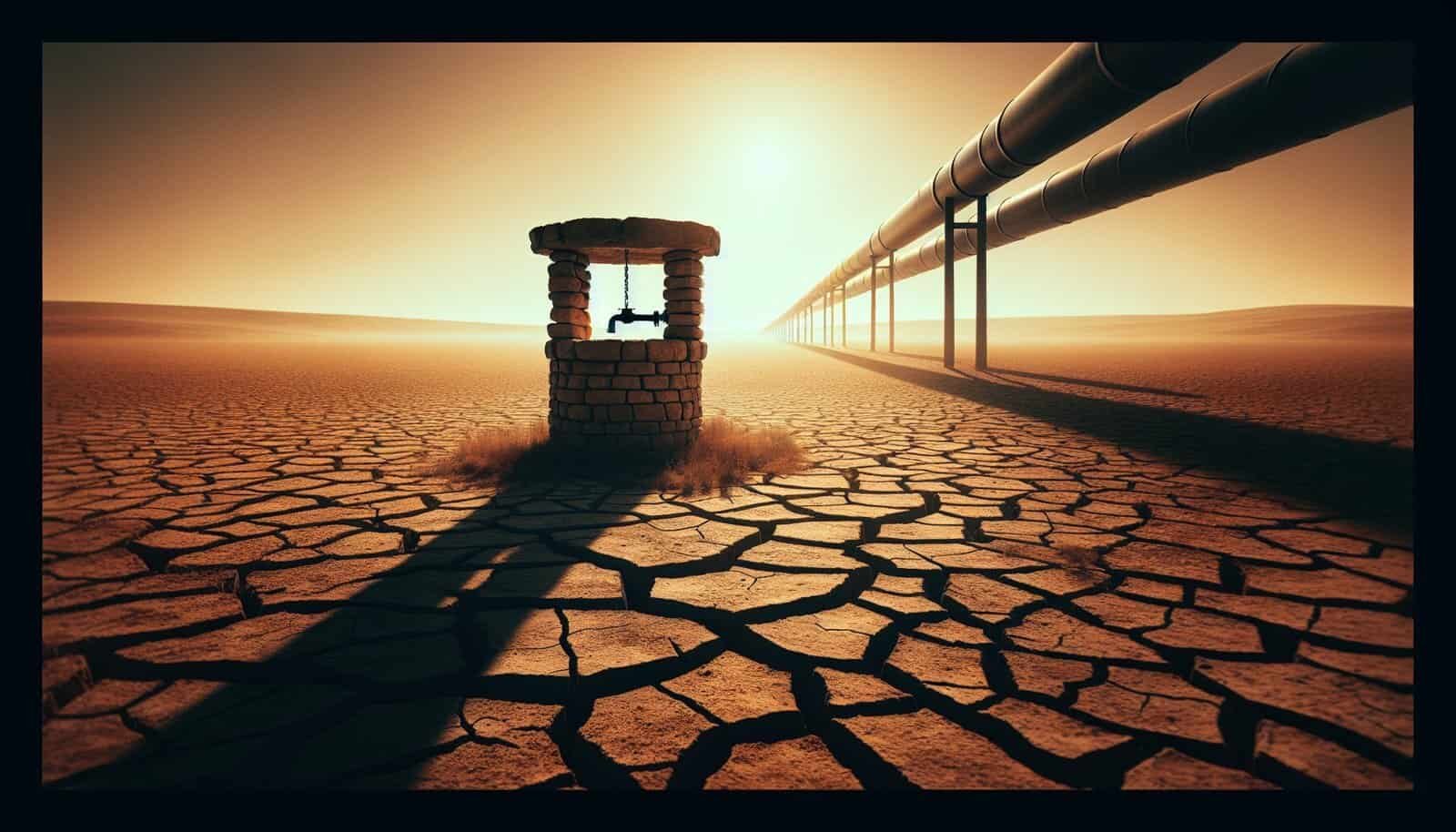What would you do if the water well in your backyard suddenly ran dry because of an unexpected change in your surroundings? For many Texans, this is becoming a reality due to extensive pipeline projects. Moreover, the concern over groundwater depletion isn’t just limited to individual properties but speaks to a broader challenge faced by communities across the state. A proposed Texas bill aims to address the impact these pipelines have on private water wells, giving hope to those affected. How might this legislation change things for water well owners like you?
Understanding the Current Water Well Challenges in Texas
The Role of Water Wells in Texan Households
Water wells have traditionally been a dependable source of water for many households in Texas, especially those located in rural areas. These wells tap into underground aquifers, providing a vital lifeline for domestic use, agriculture, and even industrial needs. As the population expands and communities evolve, maintaining access to clean, reliable water is increasingly critical.
Why Are Water Wells Dropping?
A primary reason for the dropping water levels in wells is large infrastructure projects like pipelines which can divert water sources or even damage the aquifers. The extraction of natural resources can interfere with water tables, leading to reduced access for individuals who rely solely on these wells for their water needs. With numerous pipelines traversing Texas land, many wells are experiencing significant decreases in water levels, sometimes rendering them dry.

The Legislative Response: Texas Bill to Help Residents
Introduction to the Proposed Bill
The proposed Texas bill seeks to mitigate the issues caused by pipeline construction on private water wells. This legislation aims to establish guidelines and provide assistance to individuals whose wells have witnessed drops in water levels due to these large-scale projects. The emphasis is on ensuring a balance between resource development and private water rights.
Key Provisions of the Bill
Compensation for Affected Well Owners
One of the central themes of the bill is compensation for those impacted. If a well owner’s water level is affected by a neighboring pipeline, provisions in the bill suggest possible financial reparations or assistance in drilling deeper wells or even constructing new ones altogether.
Monitoring and Accountability Measures
The bill also stresses the need for enhanced monitoring of water levels and pipeline impacts. This involves setting up regular checks and data collection to ensure transparency and accountability, which can help preemptively identify and address issues before they escalate.

Broader Implications for Texas and Beyond
Economic Impact Considerations
One aspect of the bill involves considering the economic repercussions of drying wells. Homes and farms that rely on well water could face costly solutions to restore their water access. The proposed legislation intends to reduce this economic burden by providing resources and assistance for necessary adjustments.
Environmental Concerns
Environmental sustainability is another critical component addressed by the bill. Pipeline projects can alter natural water flow, impacting not just wells but entire ecosystems. By enforcing stricter controls and impact analysis, the bill aims to protect the environmental integrity of Texan landscapes, ensuring that development projects do not jeopardize ecological health.

How You Can Advocate for Your Water Rights
Engaging with Local Representatives
As a water well owner, staying informed about legislative developments is crucial. Engaging with your local representatives to express concerns or support for the bill can help influence its trajectory. Your participation can ensure the legislation remains strong and supportive of homeowners’ rights.
Community Involvement and Awareness
Creating or participating in local advocacy groups can bolster collective efforts in addressing water well concerns. Such groups can serve as platforms for sharing information, resources, and strategies to better the community’s resilience concerning water accessibility.

The Path Forward
Learning from Past Experiences
Texan communities aren’t the first to confront conflicts between infrastructure development and private water access. By studying how other regions have navigated similar hurdles, Texas can derive valuable lessons, making its responses more effective and sustainable.
Emphasizing Technological Innovations
Innovation may also present potential solutions. As technology advances, newer, more efficient drilling techniques, water management systems, and monitoring tools can be employed to safeguard water wells. Encouraging research and development in these areas should be integral to any long-term strategy.

Conclusion
The proposed Texas bill offers a significant step forward in addressing the challenges faced by water well owners due to nearby pipeline projects. If effectively implemented, it can provide much-needed relief and reassurance to many Texans worried about their water access. By understanding these legislative efforts and actively participating in advocacy, you can help shape a fairer, more resource-responsible future. As water remains an invaluable resource, it’s imperative that its accessibility and sustainability are protected for the generations to come.
In this rapidly changing environmental and political landscape, being informed and active can make all the difference in protecting your water rights and those of your community. How might this information change how you approach your well water concerns in the future?
